Devil Dogs
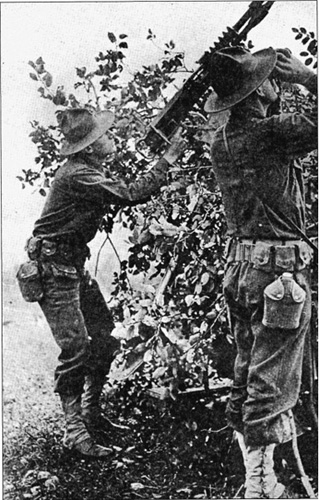
Devil Dogs of the 4th Marine Brigade. Photo taken just before the Marines went into action at Verdun. The gun shown is the French 1914 Hotchkiss. (courtesy Marine Corps Gazette)
Devil Dogs
Fighting Marines of World War I

George B. Clark
NAVAL INSTITUTE PRESS
ANNAPOLIS, MARYLAND
Naval Institute Press
291 Wood Road
Annapolis, MD 21402
1999 by George B. Clark
All rights reserved. No part of this book may be reproduced or utilized in any form or by any means, electronic or mechanical, including photocopying and recording, or by any information storage and retrieval system, without permission in writing from the publisher.
First Naval Institute Press paperback edition published in 2013.
ISBN: 978-1-61251-216-7
The Library of Congress has cataloged the hardcover edition as follows:
Clark, George B. (George Bransfield)
Devil Dogs : fighting marines of World War I / George B. Clark.
p. cm.
Includes bibliographical references and index.
1. United States. Marine CorpsHistoryWorld War, 19141918. 2. World War, 19141918Regimental historiesUnited States. 3. World War, 19141918CampaignsFrance. I. Title.
D570.348.C43 1999
940.41273dc21
98-21853
CIP
 This paper meets the requirements of ANSI/NISO z39.48-1992 (Permanence of Paper).
This paper meets the requirements of ANSI/NISO z39.48-1992 (Permanence of Paper).
21 20 19 18 17 16 15 14 13 9 8 7 6 5 4 3 2 1
First printing

PUBLISHED WITH THE MARINE CORPS ASSOCIATION
Contents
Brief Glossary and Description of Abbreviations
The word which I have used most frequently is Marine. It can serve to identify a single Marine or a regiment of Marines. The U.S. Army has used Infantry to denote a regiment; The Corps has used Marines to denote the same thing. The latter is of more recent vintage and was not correct during the period of the First World War, but was used extensively anyway, by Marines and by army officers as well.
The Marine dictionary is somewhat different from that of the army. Actually, it is more like that of the U.S. Navy. Skipper is the word the Marines use to denote their company commander. Mister was occasionally used to denote a lieutenant. Other than those words, I have used the standard language of the American Expeditionary Force for most all others.
Abbreviations most commonly used are those to denote a company or battalion. Companies were almost always, except in official messages, identified in their numeric form rather than the AEF alpha form. When you read 1/5, that means 1st Battalion, 5th Marines. The numerals for all the others remain consistent, even when identifying U.S. Army units. Occasionally the letters MG will appear rather than machine gun. Perhaps in a message you will read Bn. which of course translates to battalion. Rather than bore the reader with identifying all those who were awarded Distinguished Service Crosses and/or a Navy Cross I have elected, in most cases, to put a sign after their names instead. When a name appears with * following it, it means that the person named was awarded a DSC and/or a NC for an act almost as eminent as what a Medal of Honor would call for.
Preface
This story has never been completely told before. No one, to the best of my knowledge, has completed a full story of the participation of Marines in World War I. Personally, I am pleased that so many young people are becoming interested in the war in general and specifically the part played by Marines. A few, studies of very limited quality have appeared in the past thirty or so years, mainly about one battle, Belleau Wood. Some badly flawed articles have appeared in various magazines and journals, mostly, again, about Belleau Wood. Many years ago there was one nonprofessional historian who might have written a history but never did. Major Edwin N. McClellan, who later became the Corpss chief historian, composed a brief, general history and produced several articles that later appeared in the Marine Corps Gazette. Whereas the general history was a rendition of facts, interspered with mistakes, it was very short on descriptions of events and purposely avoided unpleasantness. In other words the complete, unvarnished facts were not published. The journal articles were adequate but every one of them left out some important material, for reasons one can now only suspect. Besides, the articles did not follow the war to its finish, the final two battles being excluded. The series ended early in the Blanc Mont period without covering that bloodbath at all. As a result the two main battles that Maj. Gen. John A. Lejeune led the division through were deleted for some unknown reason. As a serving Marine, McClellan was obviously restricted in what he could produce for general consumption.
Generally, it has been my impression that some military people prefer that command difficulties should lie dormant, never to be exposed to scrutiny. It is also my opinion that only through lessons already learned by others, can individuals perform their tasks best. I have tried to tell the complete story, even though several unfortunate incidents have become quite glaring under closer examination. First and foremost, the early senior leadership of the 4th Brigade was, in my candid opinion, ineffective. Some few learned while doing. Others were dropped shortly after making blunders that cost many lives. In the chapter headed Conclusions, I have expressed my own disdain for some individuals and the reason why, but except for the top leaders, I have decided to let the reader judge who was good and who wasnt. In general, company grade officers were reasonably good at what they did. Most had the hearts of lions. All honor to them.
A statement attributed to Col. George C. Marshall, USA, best describes what the American soldier did in France. I believe that it particularly pertains to the Marines at Belleau Wood.
Battles are decided in favor of the troops whose bravery, fortitude, and especially, whose endurance, surpasses that of the enemy; the army with the higher breaking point wins the decision.
To avoid the appearance of pretentiousness and clutter, notes have been kept to a minimum. Mostly what has been included are annotations. They tend not to distract the general reader; that is, the sort of person to whom this effort has been directed and who might find it of interest. The majority of the notes generated are those that add substantially to the overall story but do not need to be part of the regular text and can stand by themselves. Most of this work is based upon original material; that is, material not published before or, if so, not widely distributed. The main source is the multivolume Records of the Second Division.
I have tried to make this a comprehensive study and have therefore included a preponderance of detail that would not normally be found in a book aimed at general reading public. But I must warn the reader, reliable records about the 4th Brigade arent readily available. Please use this text with discretion. I have done my best, but who knows with certainty that this is any different? I hope it is.
Next page

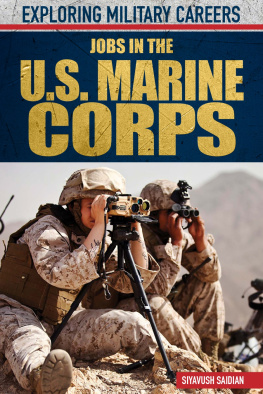
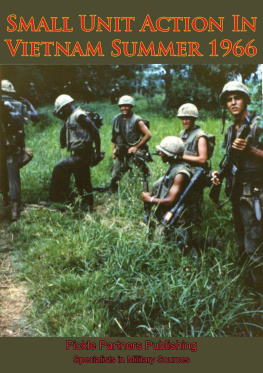
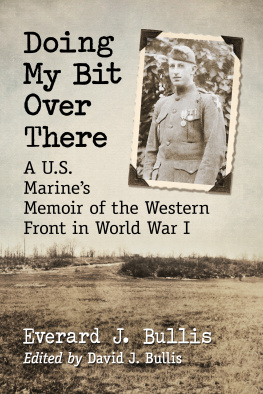
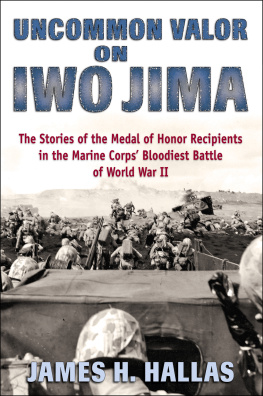
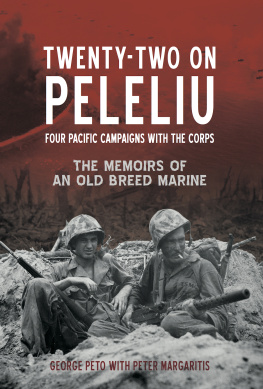
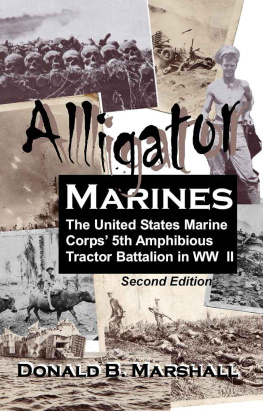


 This paper meets the requirements of ANSI/NISO z39.48-1992 (Permanence of Paper).
This paper meets the requirements of ANSI/NISO z39.48-1992 (Permanence of Paper).